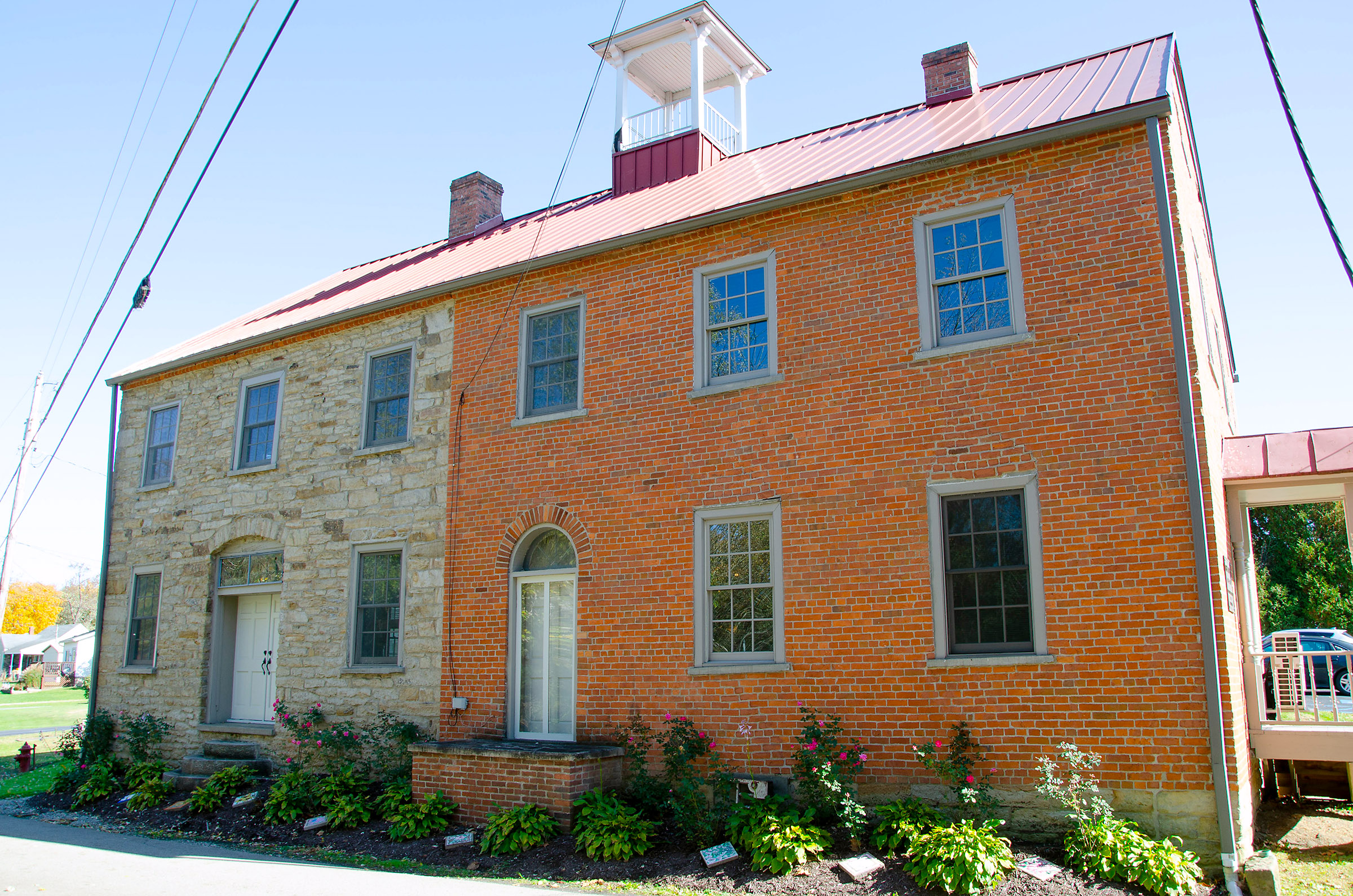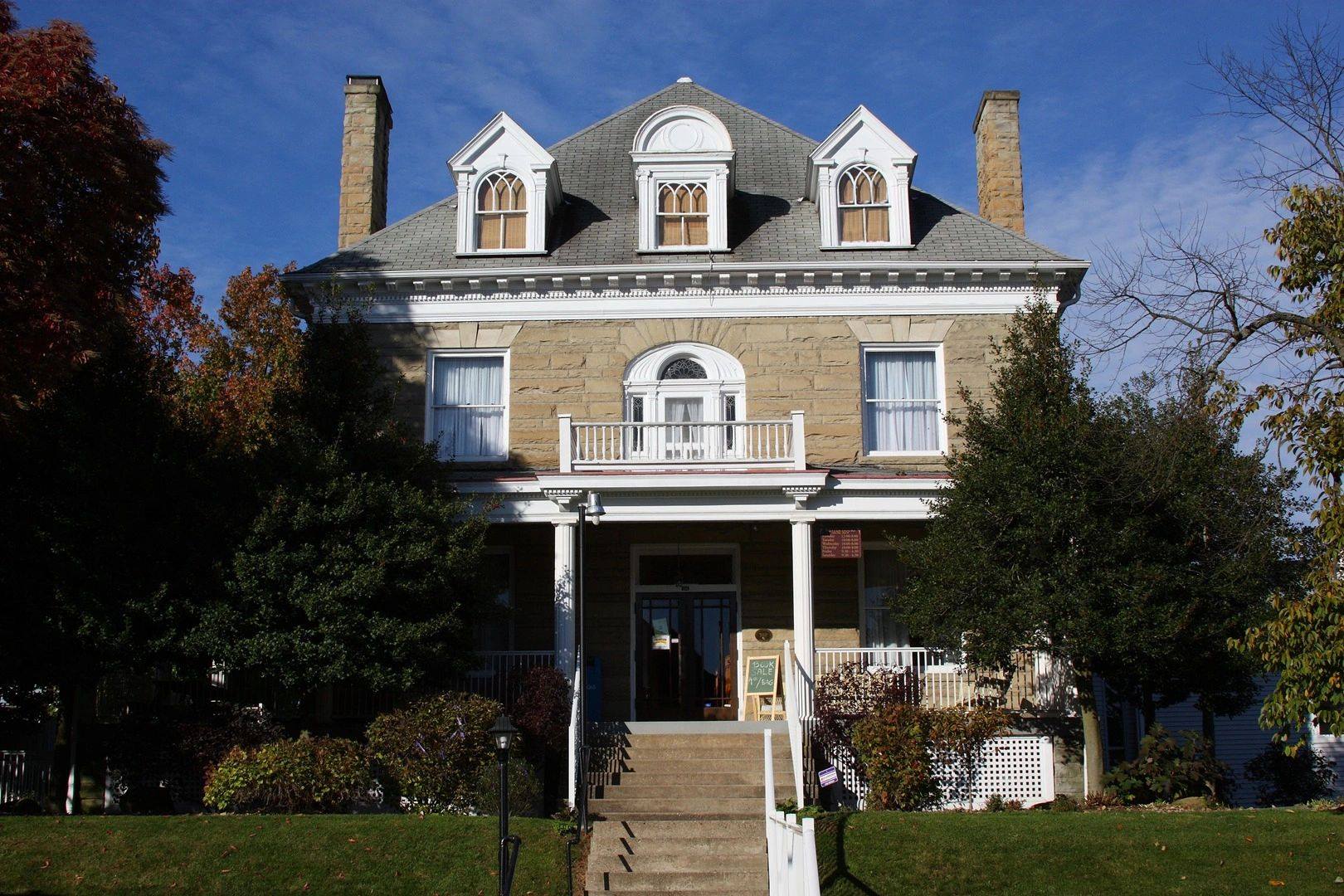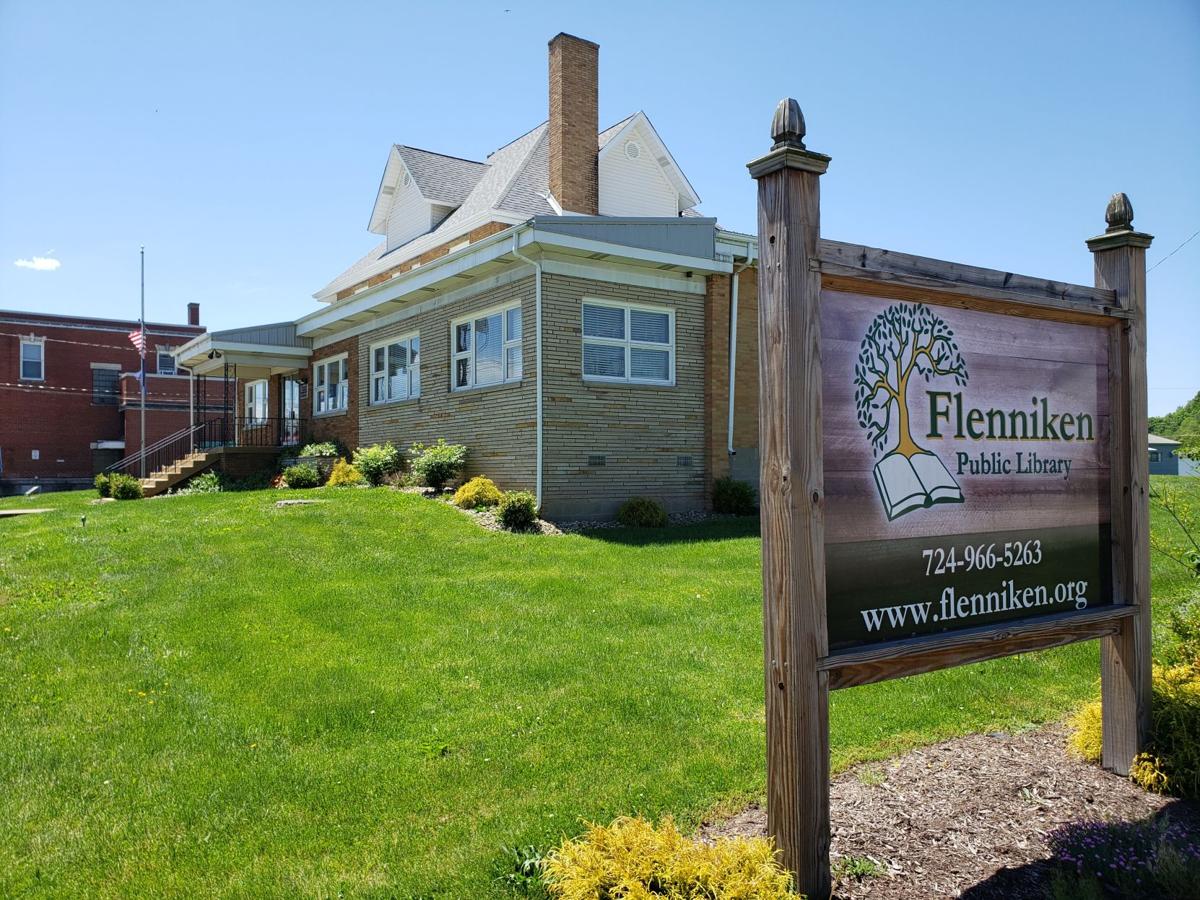Researching Your Family Tree
If you’re traveling down the family ancestry road and have found a familial connection with Greene County roots, Greene County offers a myriad of research options covering all aspects of our history. From libraries to a museum, courthouse records or living relatives, a visit to Greene County can help you fill in the missing pieces for your genealogical research.
But before you dive into genealogical research, you need to identify what you already know and create a plan. Start with what you know and write it down key pieces of information: names and relationships, places and dates of birth, marriage, and death. If you can, conduct interviews with relatives for more information. Take some time to listen to those family stories!
After you’ve completed your initial step, ask yourself, “What are my research goals? What questions do I want to answer? What do I hope to learn?” Your list of questions may be small, or it may be large. Narrow it down to one general question or goal at a time. Focusing on that one question will prevent multitasking and minimize errors.

You’ve narrowed it down to the unknown thing that you want to learn. Now it’s time to identify and locate the sources that will get you answers. Many people begin with free or paid services available on the internet to find the missing information. That’s a great place to start. However, most records that will help you in your genealogical journey are not digitized and are not likely to ever be available online. A trip to the area where you ancestors lived and worked can be crucial to completing your genealogical history. The best way to learn the history of your family is digging through in-person records.
When exploring his family history, researcher Thad Swestyn found Greene County’s historical resources invaluable. Thad’s family is deeply rooted in Greene County history, and he began his genealogy research journey about 20 years ago. His family has always been understood the importance of keeping old documents, photos, bibles, etc. and he found these to be priceless items while researching his own family. But even with his family’s extensive record keeping, he still had holes in his family tree to fill. He considers the resources available to him in Greene County some of the best: “In my 20 plus years of research in dozens of counties, I’ve found Greene County has a lifetime of research data available to anyone researching their lines.”

One of Thad’s suggestions is to start with the Greene County Courthouse. The Courthouse hold important ancestry information that can be found in property records at the assessment office, and deeds and wills at the register and recorders office. Research is free (or you can pay a small fee for record copies) in these public places.

If you’re feeling overwhelmed, a visit to the local historical or genealogical museum or society is often a great place to start–especially if you are unfamiliar with the area. Visiting a museum such as the Greene County Historical Society Museum allows you to get a feel for the area in which your ancestors lived, and the museum is home to private collections of materials and artifacts that may help your search. The museum often has educational speakers, and these speakers may also assist you in your research.
Greene County is home to two historical societies and a genealogical society that can assist you on your journey. The Greene County Historical Society operates a museum in the former county poorhouse in Waynesburg, and although they do not have a research library open to the public, they do have access to local historians that may be able to assist you.
The Carmichaels Area Historical Society is currently located in the Greene Academy of Art in Carmichaels. In addition to local research books and photos available, they provide visitors the ability to use their computers for research; they offer access to sites such as ancestry, newspapers.com, genealogybank.com and more. The president of the society, Shelly McMinn has authored two books on the history of Carmichaels and has been completing genealogical research for over 30 years. She assists with local research and offers her research services to hire. The society periodically offers genealogy classes for beginners do that aspiring researchers can continue their journey on their own.

One of the biggest and best places to complete your historical research is the Cornerstone Genealogical Society (CGS) in downtown Waynesburg. Founded in 1975, the all-volunteer nonprofit organization is attached to Greene County’s 1797 first courthouse and offers extensive databases and research materials for the area. During his research, Thad found the resources at CGS so invaluable that he even became a member.
Offering the most extensive repository of local history in the area, CGS is “dedicated to preserving the documented history of Greene County Pennsylvania, especially as it relates to the early families, to cooperate with and encourage those presently engaged in the field of genealogy, to offer assistance to anyone locally or in other areas, and to compile, collect and make available all possible records relating to Greene County Pennsylvania and the Upper Ohio Valley.”
CGS is a fount of information on the area and has access to records such as photos, Bibles, dairies, maps, letters, newspapers, tax records, family scrapbooks, microfilm, obituaries, cemetery records, and past researchers’ compiled records. These records also include neighboring counties such as Washington, Fayette, and Monongahela counties, and nearby states.
Greene Connections, CGS’s sister website, is a volunteer initiative to preserve photographs and records from Greene County, Pennsylvania history in a digital archive. Thousands of family and Greene County archival items such as photographs, letters, Bibles, diaries, Justice of the Peace dockets, maps, and more have been shared by families and repositories.

Public libraries are often the most overlooked resources in genealogical research, but they can be one of the most valuable. Local libraries often have extensive historical collections, including local books and authors, newspapers, city directories and phone books, cemetery records, yearbooks and more. Libraries also have access to digital archives and databanks, such as newspaper resource Newsbank, that you may not be able to access on your own or without a subscription. Libraries, like historical societies, may also offer classes to assist you in genealogical research.
Eva K. Bowlby Library, in Waynesburg, and Flenniken Public Library, in Carmichaels, are no exception. Both libraries housed in historic homes in their respective towns are passionate about providing necessary services to the community and have collections of historical references to help you in your genealogical search. Many of these records do not circulate, so an in-person visit is a must. If you’re unsure that the library has records helpful for your research, reach out to the librarian. Explain the information you’re hoping to discover, and the librarian will be able to let you know if it is available in their records. If not, they may have access to additional historical contacts in the area to assist your research.

A visit to Greene County on your genealogical journey offers many opportunities to find information not available to you anywhere else, as well as a chance to visit still living relatives on your family tree. Reach out to any of these research options for more information or assistance and start planning your visit today. It will be worth the trip!







